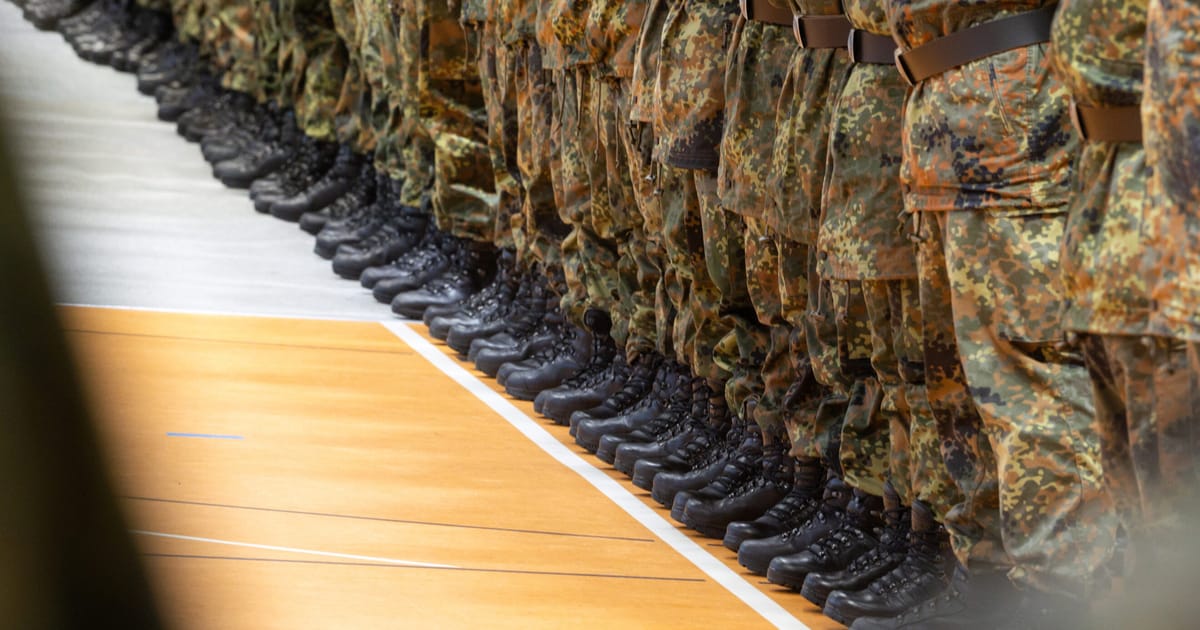To him, Europe’s mistake wasn’t being too soft on Moscow, it was being too hard. “Europe should finally sit down and talk with Russia,” he said.
Standing beside him, his co-chair Alice Weidel took the opposite view. Russia, she warned, could be “testing NATO’s air-defense systems” and risked provoking “further escalation.” She called on Moscow to “deescalate” and said Germany had “seen too little movement from Putin so far.”
According to Lucassen, who hails from the western state of North Rhine-Westphalia, the rift runs deeper than policy lines. For AfD members from the party’s strongholds in the former East Germany, a puppet state of the Soviet Union, their view of Russia and NATO is colored by a broader dissatisfaction with German unification.
“In the eastern German states,” Lucassen said, “there’s a whole generation that finished school around the time of reunification. Many still feel they aren’t fully included — that everything from the east is dismissed. That creates a kind of resentment, which plays out in debates like NATO or the Bundeswehr.”
That history has shaped how the AfD views strength and sovereignty. Where the party’s western lawmakers see deterrence and defense as part of sovereignty, its larger eastern faction sees them as symptoms of submission — to Washington, to Brussels and to Berlin.
Such ambiguity impacts the AfD’s ability to turn its growing support into concrete policy. Many in the east, Lucassen said, “see their regional success as a mandate to set the tone for the whole party. And that’s a hurdle if we ever want to be seen as ready for government.”
